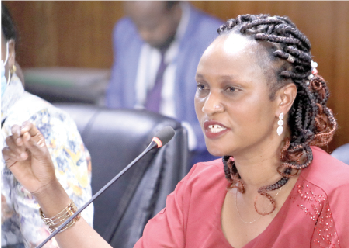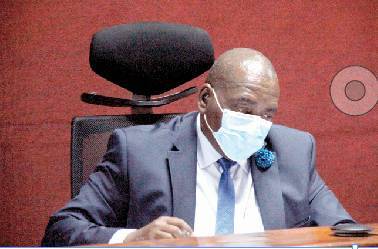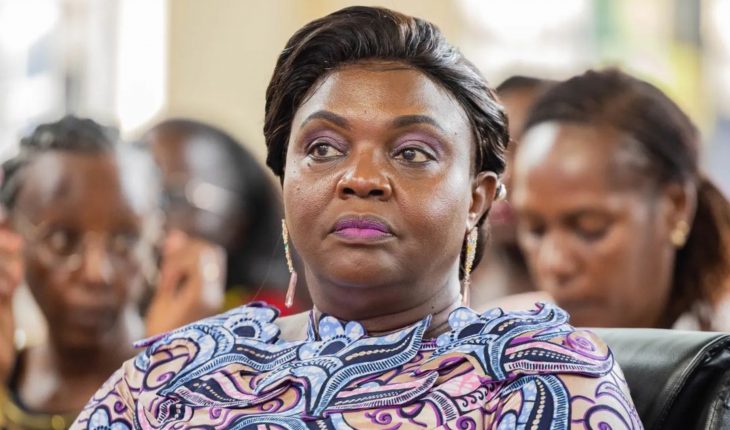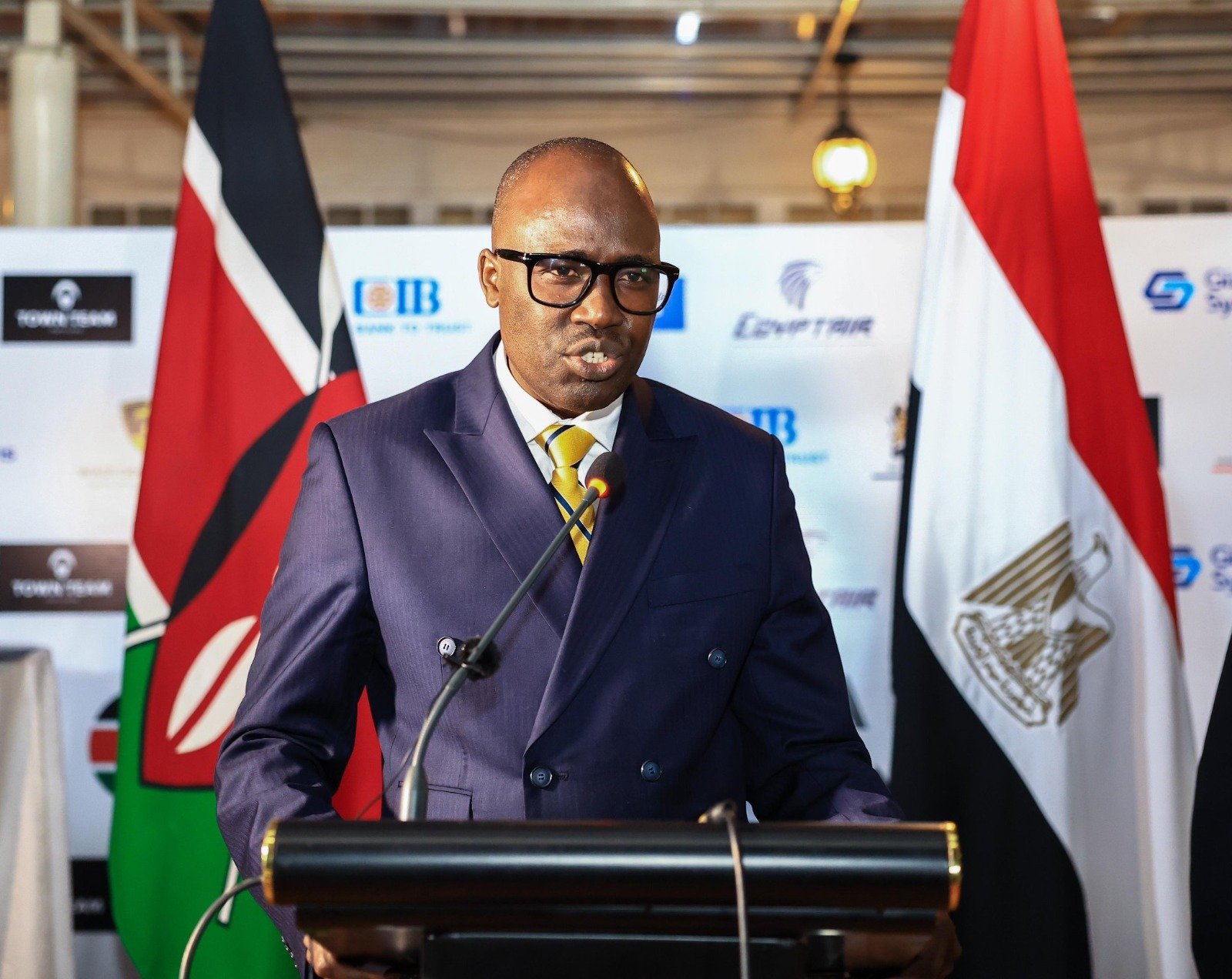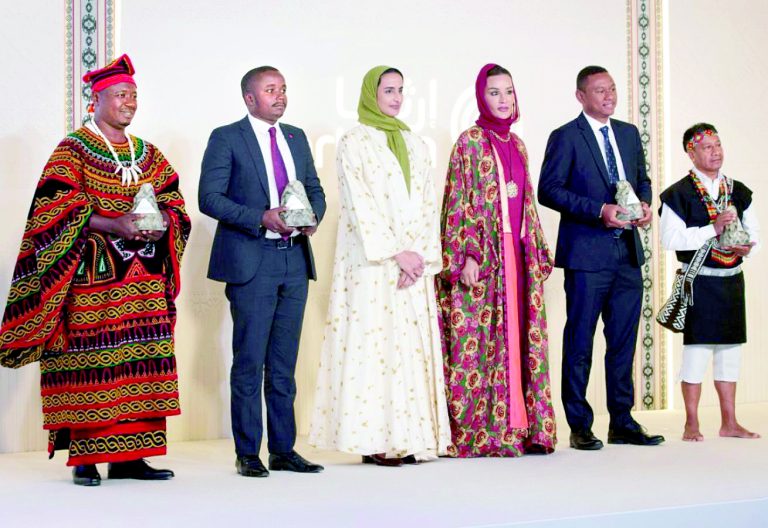Bills seeking to scrap degree rule ratified
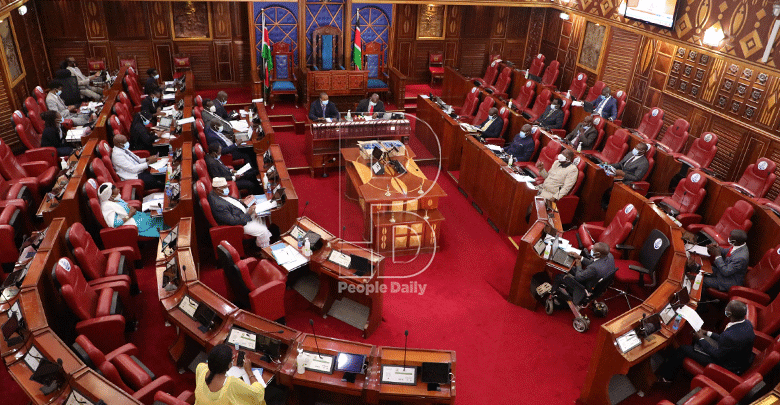
Hillary Mageka @hillarymageka
A Senate committee has allowed the publication of two draft bills seeking to amend Section 22 of the Elections Act.
The amendments seek to remove a requirement that persons seeking to vie for MPs and MCAs seats must have a degree certificate.
The draft Elections (Amendment) bill, 2021 sponsored by Narok Senator Ledama ole Kina proposes that anybody seeking to become an MP holds a degree from a recongised university in Kenya.
In the case of ward reps, one must be in possession of a certificate of secondary education and in its absence, must have served as an MCA for two terms.
The other amendment bill which is sponsored by Elgeyo Marakwet Senator Kipchumba Murkomen proposes that any individual contesting either as MP or MCA is eligible to vie if he/she is able to read and write in English or Kiswahili language.
In the case of a person who is deaf or has hearing difficulties, the bill provides that such person be proficient in the Kenya sign language.
Draft bills
While allowing the publication of the two draft bills, the Senate committee on Justice, Legal Affairs and Human Rights said it will ensure no Kenyan is discriminated against as far as vying for elective positions is concerned.
Committee chairman and Nyamira Senator Okong’o Omogeni said the two should be expedited before the General Election.
“It allows for the publications of the two draft bills but it would be good that the two senators agree and front one bill before the House,” Omogeni said, adding that the two bills seek to cure same problem.
Nominated Senator Naomi Waqo said the amendment should be fast-tracked so that nobody is locked out from contesting because of lack of academic qualifications.
“We should have the amendment in place so that those who have abilitity to lead but lack academic qualifications are given opportunity,” Waqo said.
“Due to our different backgrounds, there are those who did not get education in their early years because of various reasons but have enrolled in universities to remedy the situation.
There are those who completely lack any formal education but have excellent leadership qualities, they should be given an opportunity to vie,” Waqo, who is the vice chairperson of the committee added.
Justifying his amendment, Murkomen contends that the Act, in its current form, is discriminatory and restrictive because it implies that only those with degrees are qualified to serve in public office.
“The provision as contained in the Elections Act is not only restrictive but discriminates against persons, who may not have a degree ,as it implies that only persons who have a degree have the capacity to serve in public office,” he stated.
Ole Kina noted the objective of his bill is to ensure equality to all candidates who aspire to vie as MCAs during elections.
“The bill addresses the requirement of a degree for one to contest as member of county assembly taking into account low literacy levels, especially in marginalised counties,” the senator added.
This comes barely a week after the Independent Electoral Commission (IEBC) insisted that anyone seeking to vie for an elective seat must possess a university degree as minimum qualification.
IEBC chairman Wafula Chebukati said Section 22 of the Act is very clear that the degree qualification for elective seat holders in the coming 2022 polls is a must.
“The commission is a creature of the law and we are guided as such. I believe and I am aware that Parliament is seize of the matter. At the moment, we will enforce the law as it is, unless amended by Parliament,” he said.
Some politicians led by Deputy President William Ruto had urged MPs to review Section 22 of the Elections Act saying it is discriminatory.
Implementation of the amended section was postponed in 2017 to allow candidates seeking to run for MP and MCA positions to acquire the required academic papers.
“We follow the law and the Election Act clearly states that all candidates in the six elective positions must have a university degree to be eligible to run for office,” said Chebukati.
He, however, observed that not all university degrees will be admitted by the Commission before the candidates are cleared to contest.
Chebukati cited the provisions of regulation 47 of the Elections (General) Regulations, 2012, which obligates the Commission to ascertain educational qualifications in collaboration with learning institutions.
Regulation 47 provides, for purposes of ascertaining the educational qualification of persons for an elective post, a person seeking nomination shall submit to the Commission certified copies of certificates of the educational qualification.

